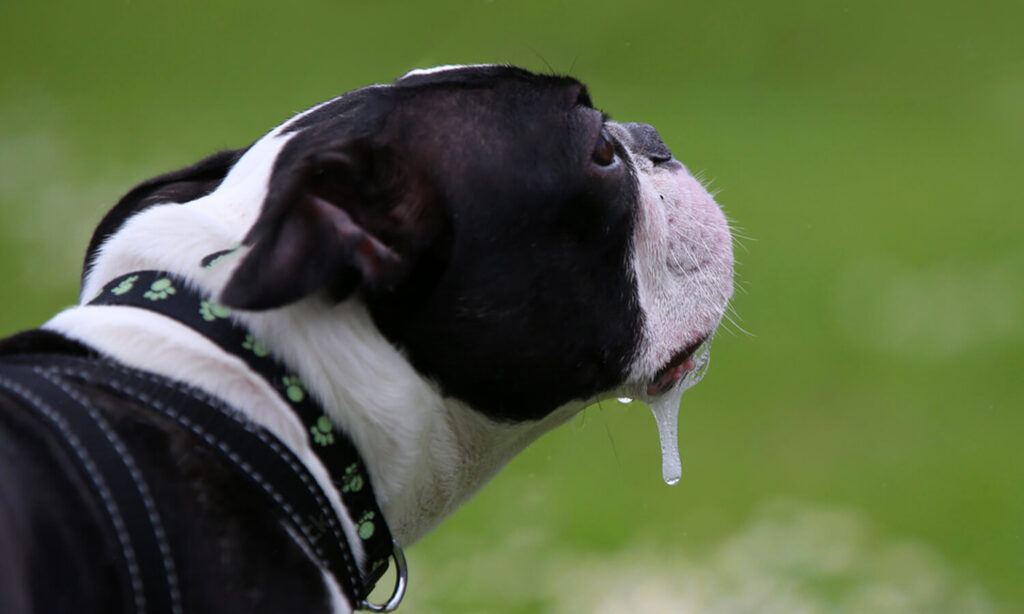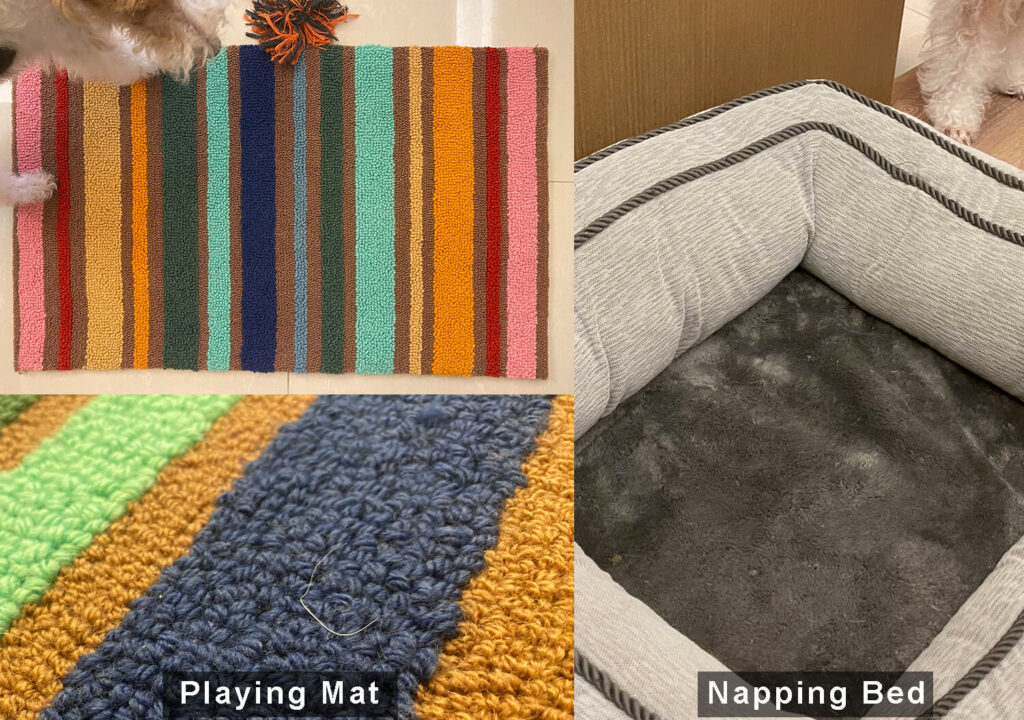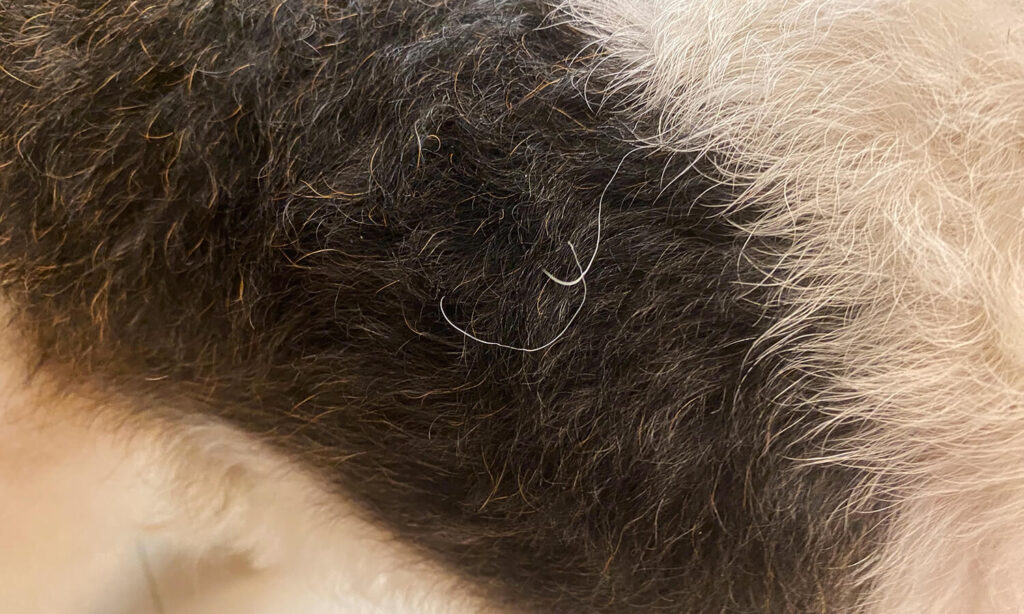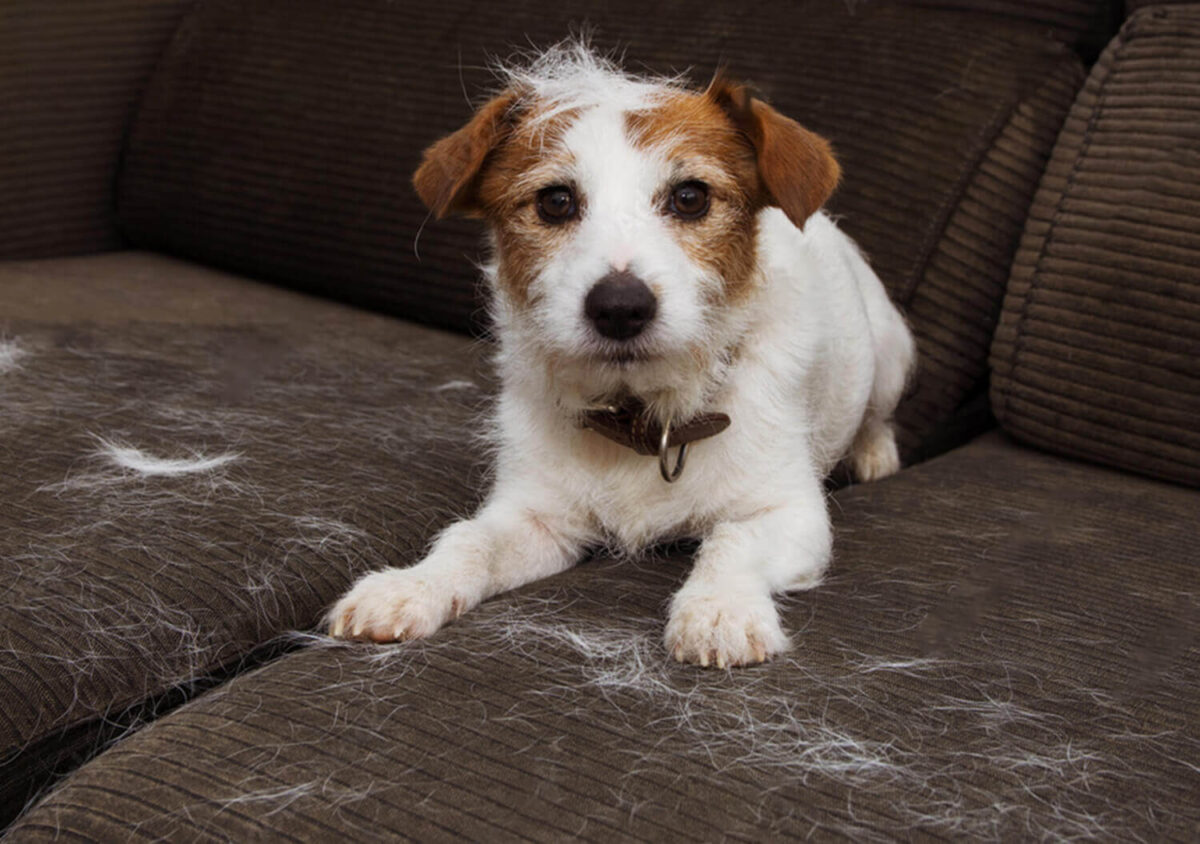When considering Fox Terriers for their shedding levels and their hypoallergenicity, you first need to know that there’re two breeds in the fox terrier group, the Smooth and the Wire Fox Terrier. Though they’re almost the same in all other aspects, they’re very different when it comes to shedding and hypoallergenic status.
Technically, all dogs shed, it’s only a matter of how much. The Smooth Fox Terriers are a non-hypoallergenic breed that sheds all year round, with seasonal shedding in spring and fall. The Wire Fox Terriers, however, is a hypoallergenic breed with minimal shedding level.
Shedding levels are often looked at in relation to hypoallergenicity. But what exactly is the relation between these two, and how do both the Smooth Fox Terrier and Wire Fox Terrier fair on this subject?
Let’s find out.
Table of Content
- How Dogs’ Shedding Affects People with Allergies?
- How Much Does a Smooth Fox Terrier Shed?
- How Much Does a Wire Fox Terrier Shed?
- Conclusion
How Dogs’ Shedding Affects People with Allergies?
As mentioned, all dogs shed to a certain extent. There is no such thing as a non-shedding dog. But the main cause for allergic reactions is not the hair or fur, but the allergens that are attached to it.
In the case of a non-hypoallergenic breed, the allergenic proteins that are attached to the hair or fur, as well as the dander of the dog during shedding, can be airborne in the environment easily.

Allergens are also found in salivas, thus, apart from shedding levels, drooling in a breed can also be a major contributor to causing an allergic reaction.
But in a study[1] on ‘Dog allergen levels in homes with hypoallergenic compared with non-hypoallergenic dogs’, there was no evidence for the differential amount of allergen caused by shedding from hypoallergenic and non-hypoallergenic dogs.

However, washing your dogs regularly and keeping your environment clean may prove to be more practical and helpful in reducing the number of allergens. In a study[2] on the subject, it was concluded that washing your dogs at least twice a week can reduce the number of allergens in dog hair and dander.
How Much Does a Smooth Fox Terrier Shed?
Like most shedding breeds, the Smooth Fox Terrier sheds quite a bit all year round. Especially during seasonal shedding in spring and fall, the amount of hair falling becomes more profound.

But because Smooth Fox Terriers have shorter coats, their shedding is less obvious than breeds with longer coats. However, a shorter coat also means a faster growth cycle. Hence they’re constantly shedding, making way for new hair to grow.
One other thing worth mentioning is, the outer coat of the Smooth Fox Terrier, though short, is rougher, harder and flatter. Hence, the shed hair tends to get stuck into fabric quite easily.
How Much Does a Wire Fox Terrier Shed?
Short answer, not a lot.
The Wire Fox Terrier’s coat has a different growth pattern, which is not subjected to changes in seasons and weather. Hence it doesn’t shed as most breeds do.

The outer wiry coat (also known as a jacket) will grow to a certain length and dies, waiting to be stripped and in its place, new hair will grow. This growth cycle typically takes about 6 to 8 weeks.
During that time, when the coat is alive, there is hardly any shedding at all. As the growth cycle comes to an end, the coat will then fall out individually as human hair does.

But in most cases, these dead hairs stay in the follicles and will only come off from external forces like rolling on the ground, brushing against bushes, and grooming. Having hair on the couch or on the floor is not a problem Wire Fox Terrier owners should be worried about.

Conclusion
Regarding allergies, hypoallergenic breeds may lower the chances of allergic reactions, but it’s not guaranteed to always be the case. Doctor’s advice should always be sought.
Cleanliness, however, may be a more relevant subject to focus on. The ability and discipline in keeping your pets and your environment clean could open up more doors for you when deciding on a breed.
References
1. Nicholas CE, Wegienka GR, Havstad SL, Zoratti EM, Ownby DR, Johnson CC. Dog allergen levels in homes with hypoallergenic compared with nonhypoallergenic dogs. Am J Rhinol Allergy. 2011 Jul-Aug;25(4):252-6. PMCID: PMC3680143.
2. Hodson T, Custovic A, Simpson A, Chapman M, Woodcock A, Green R. Washing the dog reduces dog allergen levels, but the dog needs to be washed twice a week. J Allergy Clin Immunol. 1999 Apr;103(4):581-5. PMID: 10200004.









